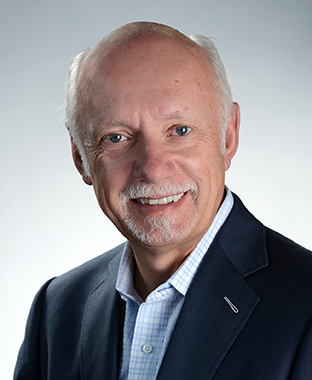- About
-
-

- About
-
ACGIH is a 501(c)(3) charitable scientific organization that advances occupational and environmental health.
-
-
- Subscriptions
-
- Science
-
-

- Science
-
This section has been established to help educate industry, government, and the public on what TLVs and BEIs are, and how TLVs and BEIs may best be used.
-
-
- Career Development
-
-

- Career Development
-
ACGIH is committed to providing its members and other occupational and environmental health professionals with the training and education they need to excel in their profession.
-
-
- Publications
-
-

- Publications
-
ACGIH has publications in many different areas that fit your needs in your field.
-
- Publications Store
- ACGIH Signature Publications
ACGIH Digital Library
If you need to purchase the Digital Library, click here.
If you have purchased and need to access the Digital Library, click here.
-
-
2024 Herbert Stokinger Award Winner will Present Lecture
10/17/2024
Come watch live the Stokinger Lecture presented by the 2024 Herbert Stokinger Award Winner Martyn T. Smith, PhD. Register for ACGIH’s 2024 Award Winner Recognition & Virtual Annual Meeting which will be held on Wednesday, October 23, 2024, from 1:00-2:30 PM Eastern. This informative meeting will highlight a number of ACGIH achievements throughout the year and will include a presentation by ACGIH Board Chair Jack Caravanos, DrPH, CIH.
We will also recognize the 2024 Awardees who made significant contributions to the profession through their leadership and dedication.

2024 Herbert Stokinger Award Winner
Martyn T. Smith, PhD
At the conclusion of the meeting, Martyn Thomas Smith will be presenting the Stokinger Lecture titled, “Hazards of Occupational and Environmental Exposure to Benzene.“ Dr. Smith is a Distinguished Emeritus Professor of Toxicology and the Kaiser Chair of Cancer Epidemiology in the Division of Environmental Health Sciences in the School of Public Health at the University of California, Berkeley. He received his Ph.D. in Biochemistry from St. Bartholomew’s Hospital in London and did Post-Doctoral training in toxicology at the Karolinska Institute in Stockholm. Dr. Smith has expertise in molecular epidemiology, toxicology and genomics, and his research is mostly aimed at finding the causes of cancer, especially blood cancers. Dr. Smith is a Fellow of the American Association for the Advancement of Science. He received the 2010 Children’s Environmental Health Network Award, became an Elected Fellow of the Collegium Ramazzini in 2012, and received the Alexander Hollaender Award from the Environmental Mutagenesis and Genomics Society in 2014. Since its inception in 1987, Smith has directed the Superfund Research Program (SRP) Center at the University of California, Berkeley (UC Berkeley). This program combines basic research, engineering, population studies, training, and community engagement to understand cumulative impacts from multiple environmental stressors. Smith is best known for his work on benzene toxicity, the exposome concept and the key characteristics framework, which helps risk assessors better identify, organize, and summarize the potential health risks of different chemicals. His most recent work uses machine learning, AI and molecular modeling to predict toxicity. He has published almost 400 peer-reviewed publications and authored 44 book chapters and 1 book. In 2023, he became President and CEO of 1Tox, a consulting company and has served as a consultant in litigation for over 40 years.





